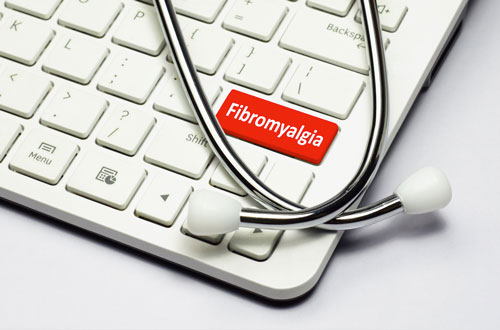Fibromyalgia is an invisible illness and it’s more common that you may think! It is estimated that there may be over 3 million people living with Fibromyalgia in the UK alone, between 2.9 and 4.7% of the population worldwide, despite this awareness for this debilitating condition remains low. 12th May marks International Awareness Day for Fibromyalgia (& also Myalgic Encephalomyelitis) and the UK also has an awareness week held in September.
Fibromyalgia is an invisible illness characterised by chronic widespread pain and debilitating fatigue among other symptoms including unrefreshing sleep, joint stiffness, dysautonomia,cognitive dysfunction (often referred to as Fibrofog), multichemical sensitivity,hyperalgesia, allodynia and bowel & bladder abnormalities. The exact cause of fibromyalgia is unknown; however, it is thought that it’s onset may be due to a trauma of some description. This could be a viral episode, childbirth, whiplash or a stressful experience. People living with fibromyalgia experience a painful response to pressure and can experience a heightened response to both painful and non-painful stimuli. Therefore, recent studies consider fibromyalgia to be most likely a Central Nervous System disorder relating to central pain sensitisation with researchers looking at Central Sensitisation Syndrome among other avenues.
Living with fibromyalgia can provide its challenges especially if the diagnosis is secondary to a primary condition like Hypermobility, Rheumatoid Arthritis, Sjogren’s syndrome of which there are many others. However, it can be managed and many consider the best way to help reduce the symptoms of fibromyalgia is to use a holistic approach including medications, pain relief creams, complementary therapies, gentle exercise, hydrotherapy, relaxation techniques, healthy diet, nonpharmacological interventions to relieve the pain including heat therapy, tens machine and warm Epsom salt baths.
Diagnosing fibromyalgia can be a lengthy process as there is currently no proven laboratory test and due to many other conditions displaying strikingly similar symptoms. Patients often live with depression either as a precursor to fibromyalgia or most often due to living with the debilitating often disabling condition with little or no support from healthcare professionals, family or other support network for many years.
AFMCG HealthUnlocked provides a platform whereby those living with fibromyalgia can share their experiences in the hope it will help others in some way, whether newly diagnosed or a long-term sufferer and a valuable online support network.It is also vitally important in the fight to raise awareness of fibromyalgia to the general population and healthcare professionals alike.
